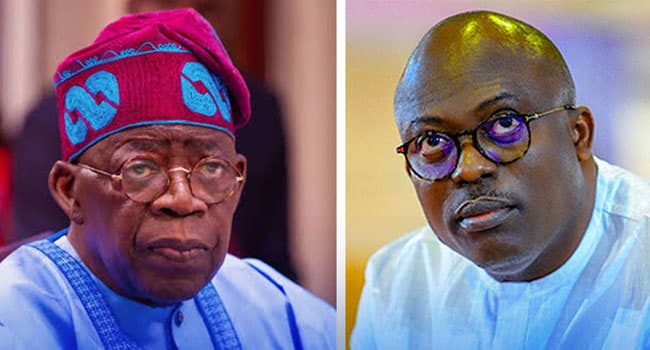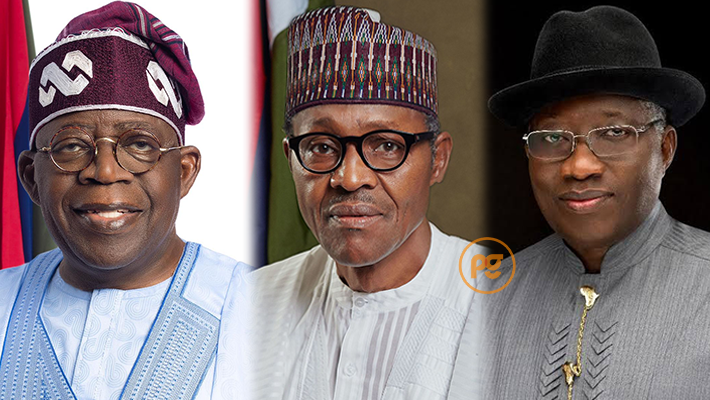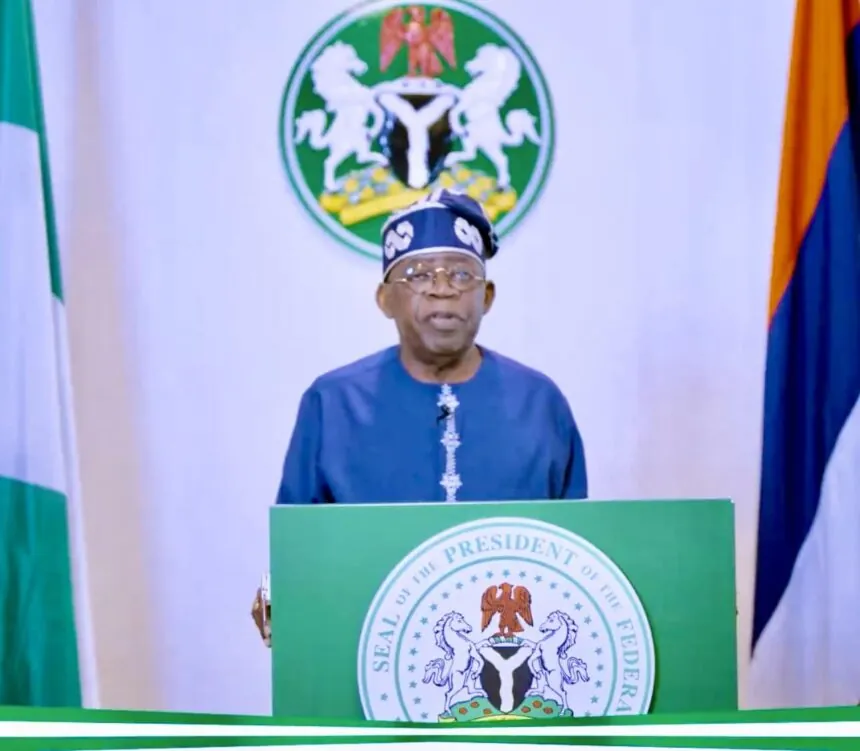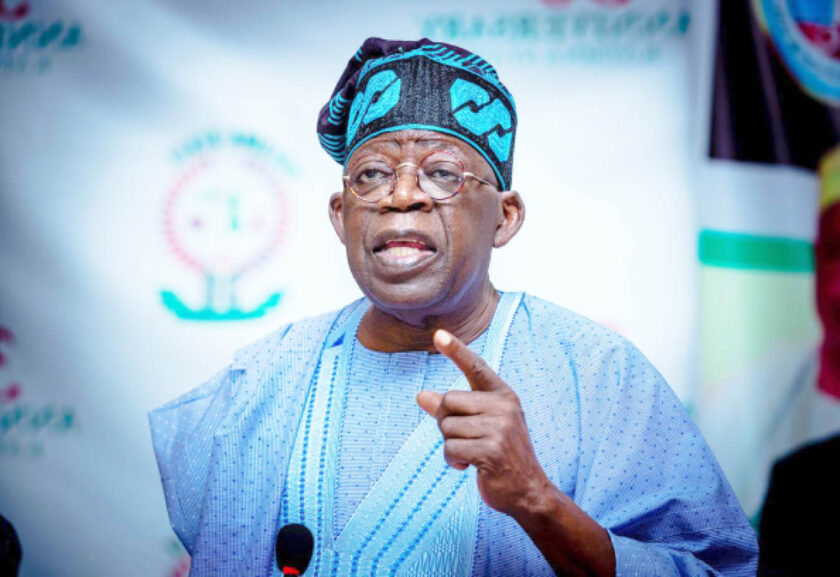After Sanwo-Olu, Tinubu Must Reconcile with Fubara for the Sake of National Unity
As Nigerians mark another June 12 Democracy Day—a symbol of our collective struggle for liberty, justice, and good governance—it is impossible to ignore the deep political fractures that still plague the country. Amid economic hardship, insecurity, and public discontent, gestures of unity and statesmanship are more crucial than ever. That is why President Bola Ahmed Tinubu’s recent public pardon and endorsement of Lagos Governor Babajide Sanwo-Olu deserves recognition.
However, if that same spirit of reconciliation is to be meaningful and enduring, it must extend beyond Lagos. It must reach Port Harcourt.
Governor Siminalayi Fubara of Rivers State, still locked in a damaging feud with his predecessor and Federal Capital Territory Minister, Nyesom Wike, remains a symbol of Nigeria’s unresolved elite power tussles. That crisis, which started as a personal and party dispute, has since morphed into a full-blown constitutional standoff—undermining not only Rivers’ democratic institutions but threatening the broader cohesion of the South-South.
Chief Bode George, PDP elder and longtime critic of Tinubu, struck a rare chord of statesmanship when he urged the President to “do for Fubara what he has done for Sanwo-Olu.” It was not a partisan appeal; it was a patriotic one.
A Presidency That Should Transcend Politics
President Tinubu, to his credit, has made overtures in the past year to position himself as a “father of the nation.” Yet, the Rivers impasse continues to raise doubts about that image. While he enjoys a strategic alliance with Wike, who was instrumental to his 2023 presidential victory, the presidency cannot afford to be seen as enabling political vendettas under the guise of loyalty.
The political strangulation of Governor Fubara—be it through undermined state institutions, divided party leadership, or federal silence—contradicts the very values June 12 stands for: the right of Nigerians to choose their leaders freely and for those leaders to govern without external puppeteering.
Democracy Beyond Symbolism
If June 12 is to be more than a date on the calendar, it must be a mirror. It must force us to ask uncomfortable questions:
- How democratic are our politics when state governors live under the shadow of political godfathers?
- Can we say we practice true federalism when Abuja determines who governs Port Harcourt or Ibadan?
- How can we inspire the youth to trust democracy when even elected leaders are treated like placeholders?
Fubara’s ordeal is not his alone—it is symbolic of the rot within Nigeria’s political culture, where elections often end at the ballot box but not at the seat of power.
A Call to Action
President Tinubu now has a golden opportunity to correct this trajectory. Reconciliation with Governor Fubara would not only stabilize a key oil-producing region but signal a genuine commitment to inclusive governance. It would show that the Renewed Hope Agenda is not just campaign poetry but a governing philosophy that values unity above conquest.
A true democrat heals, not hurts. A real statesman rises above the politics of ego to do what is right for the republic.
Let President Tinubu prove, on this Democracy Day, that the Sanwo-Olu gesture was not a political stunt but a principle—that reconciliation, not retribution, is the foundation of the Nigeria he envisions.
The country is watching. History is listeng.




